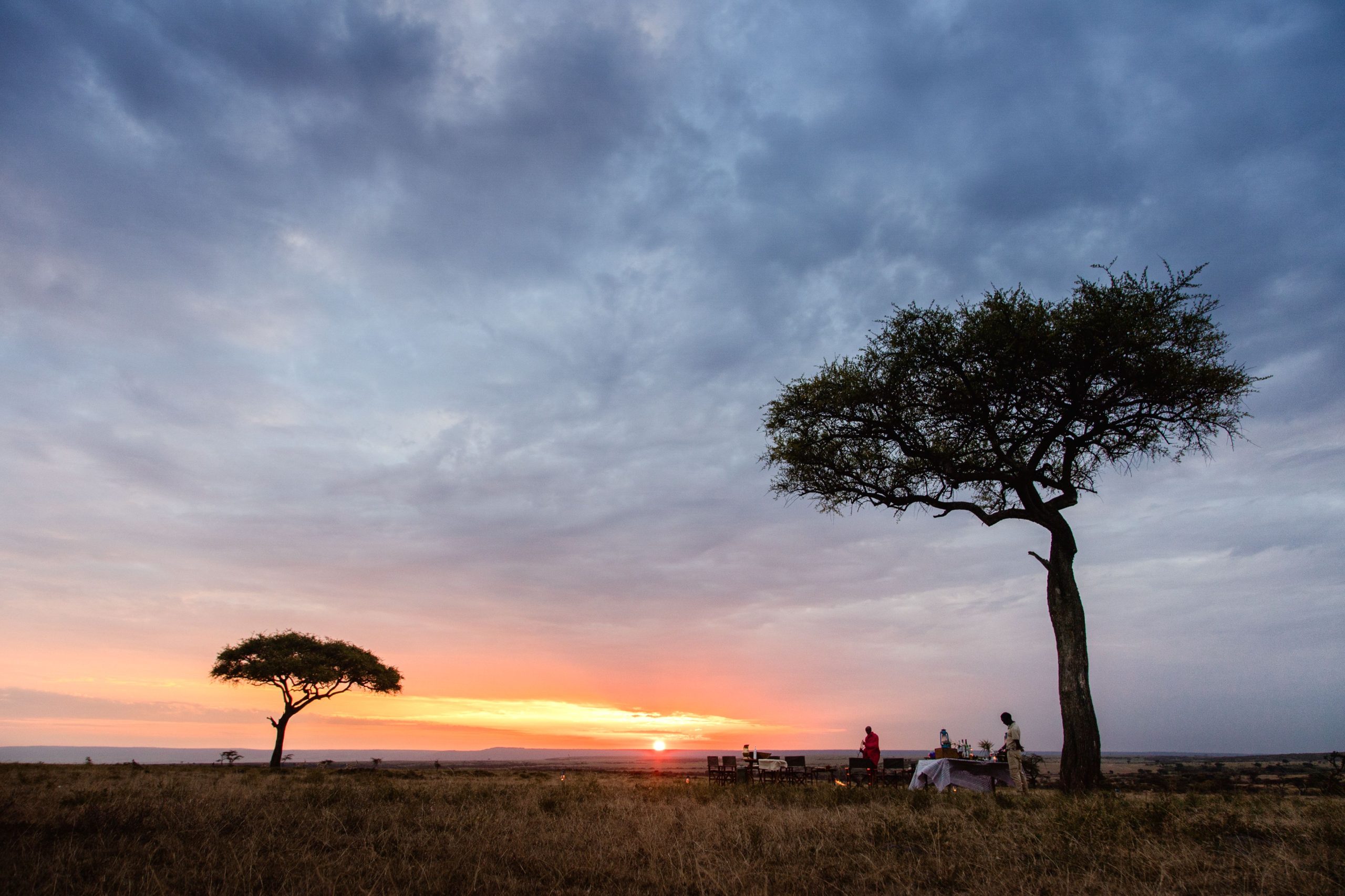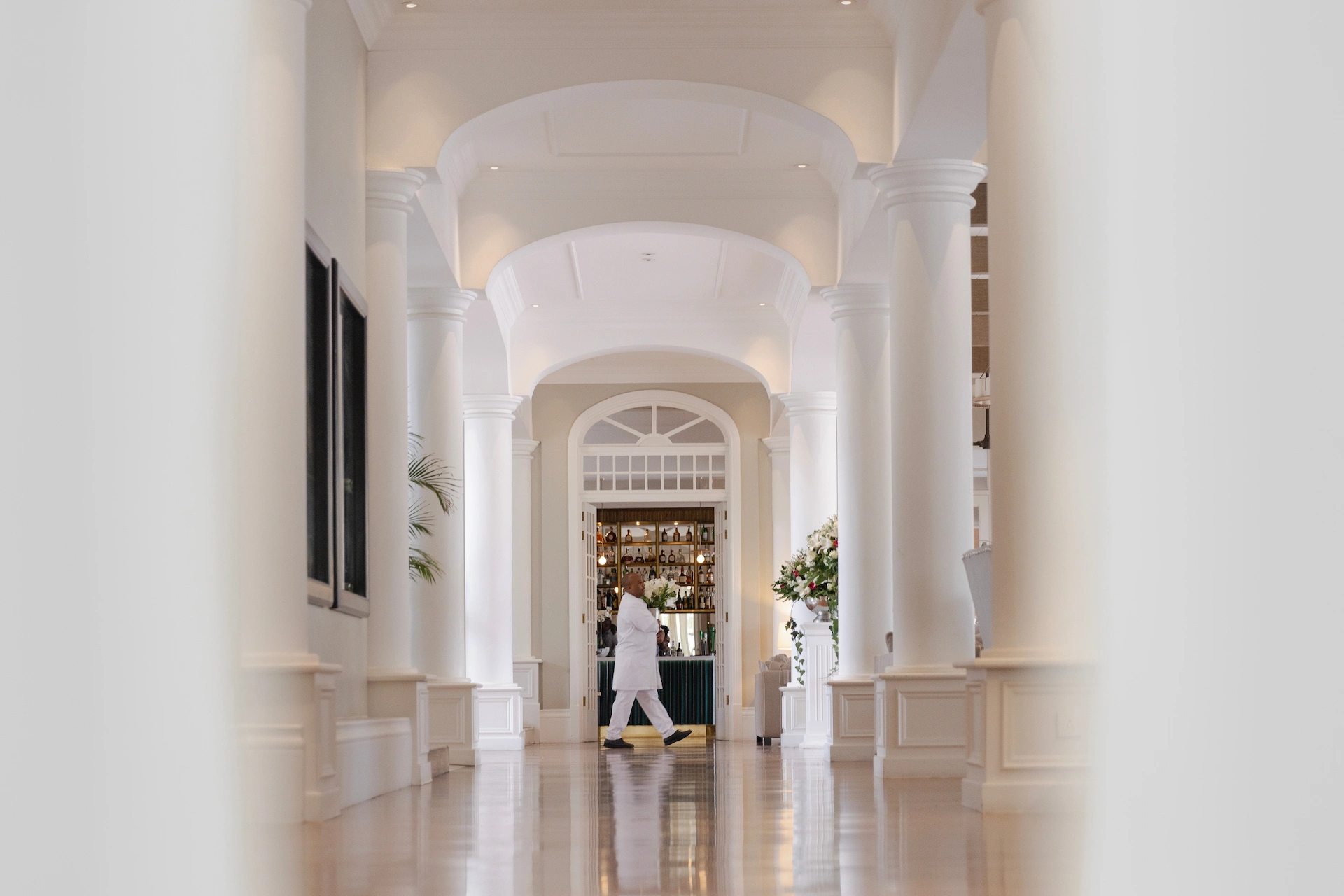The History of Rwanda: A Journey Through Kigali’s Past and Present
- 15/09/2025
- Hemingways Collection
Introduction
Rwanda is a country with a story of resilience, growth, and renewal. Its capital, Kigali, has transformed from a small colonial outpost into one of Africa’s cleanest, safest, and most vibrant cities. Hemingways Retreat Kigali offers the perfect base to explore this history, where every landmark reveals another layer of the nation’s journey.
Early Beginnings
The history of Rwanda stretches back centuries, but Kigali’s modern story began in 1907, when it was established as an administrative centre under German colonial rule. It remained a relatively small town through Belgian rule, only gaining prominence at independence in 1962 when Kigali became the capital.
A Story of Resilience
The 1994 Genocide against the Tutsi left Rwanda devastated. Yet today, Kigali stands as a symbol of the country’s strength and determination to rebuild. Memorials such as the Kigali Genocide Memorial provide a place of remembrance while also helping visitors understand Rwanda’s history in a deeply moving way.
Modern Kigali
Today, Kigali is one of Africa’s fastest-growing cities. It is known for its cleanliness, progressive policies, and thriving creative culture. From new skyscrapers to bustling markets, Kigali combines tradition with innovation, offering travellers an experience that is as inspiring as it is enlightening.
Exploring Rwanda’s Heritage
Guests at Hemingways Retreat Kigali can easily visit key cultural landmarks such as the Kandt House Museum of Natural History, the Kigali Art Museum, and the Campaign Against Genocide Museum, all of which provide insight into Rwanda’s complex and fascinating story.
Conclusion
The history of Kigali is one of endurance and transformation. Staying at Hemingways Retreat Kigali gives guests the opportunity to explore the city’s past and present while experiencing the warmth and hospitality for which Rwanda is known.

